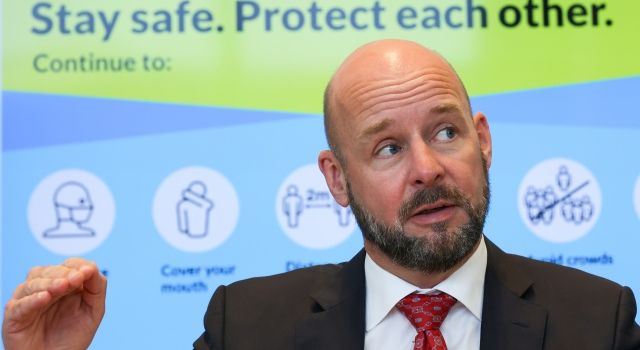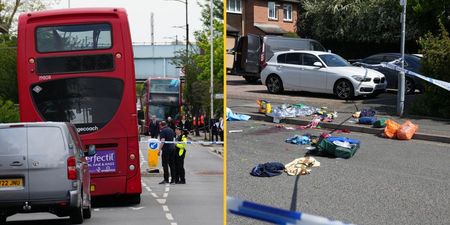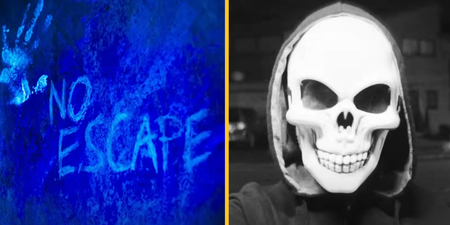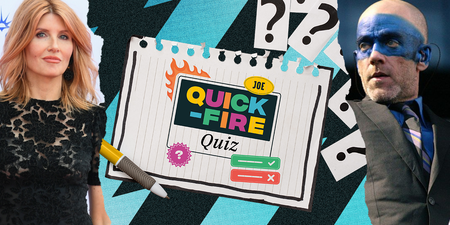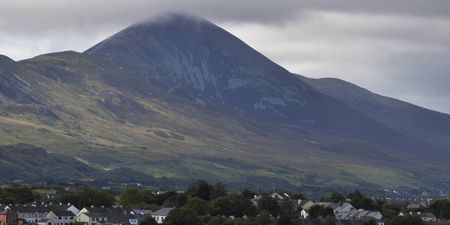The sharp increase in Covid cases hasn’t led to a major change in public behaviour, according to new data.
People are largely ignoring repeated appeals from Government officials to cut down on social activities, according to a new behavioural study published by the Economic and Social Research Institute (ESRI).
The report, published on Friday (19 November), points to only a “slight decline in overall activity” at a time when Covid-19 cases have steadily risen at alarming rates throughout the country.
It should be noted that the study was carried out between 3 – 10 November, and thus prior to the latest round of restrictions coming into effect, though NPHET advice on winding back social contacts had been issued during this timeframe.
1,000 adults in total were surveyed with the aim of discovering whether the sharp increase in Covid cases would trigger a “substantive” change in public behaviour. However, the results signalled only a “modest” difference.
According to the ESRI findings, there was a fall in the total number of locations people had visited over the previous week, although the accompanying smaller decline in total locations visited the day prior to undertaking the survey was deemed to be not statistically significant.
The drop in the number of locations was “spread broadly” across almost all types of location.
A small fall in travel since early October was also recorded, though the report notes that these changes were not sufficient to make any difference to the likelihood that an individual had a close contact the previous day or to the average number of people from outside the household that each individual met up with.
The report also indicates notable enthusiasm for the booster vaccine to be made fully available, with 80% of those surveyed saying that they will take the booster if advised by public health and offered to them.
General opinions and expectations regarding Government actions appear to have shifted.
37% of those surveyed believe that the Government’s response to the rise in cases has been insufficient, while 50% believe it has been appropriate.
The majority of those who took part in the study expect restrictions to be tightened once again.
Our modelling suggests that we will record upwards of 200,000 cases of #COVID19 in December.
This is not inevitable. These people have not yet been infected and, together, we can avoid this case load and ensuing impact on our Health Service.
ℹ️🦠👇pic.twitter.com/FGUHI9x4Yk
— Dr Ronan Glynn (@ronan_glynn) November 19, 2021
The figures arrive at a time when the public has once more been asked to play a vigilant role in combating the spread of Covid-19.
Deputy Chief Medical Officer Dr Ronan Glynn has said that if Ireland continues on with the same high level of infection in the community it is seeing now, modelling suggests that the country will record upwards of 200,000 cases in December alone.
Glynn noted that this is “not inevitable” and that people can avoid such a caseload by following basic public health advice.
He also called on everyone aged 50 years and over or with underlying conditions to receive their booster vaccine once invited.
“Do not delay, do not prioritise other events or appointments,” he urged.
The Deputy CMO added that the next few weeks will be “difficult for everybody” but that by sticking with the basic health measures, Ireland can “avoid the worst impacts of this current wave”.
LISTEN: You Must Be Jokin’ with Aideen McQueen – Faith healers, Coolock craic and Gigging as Gaeilge
